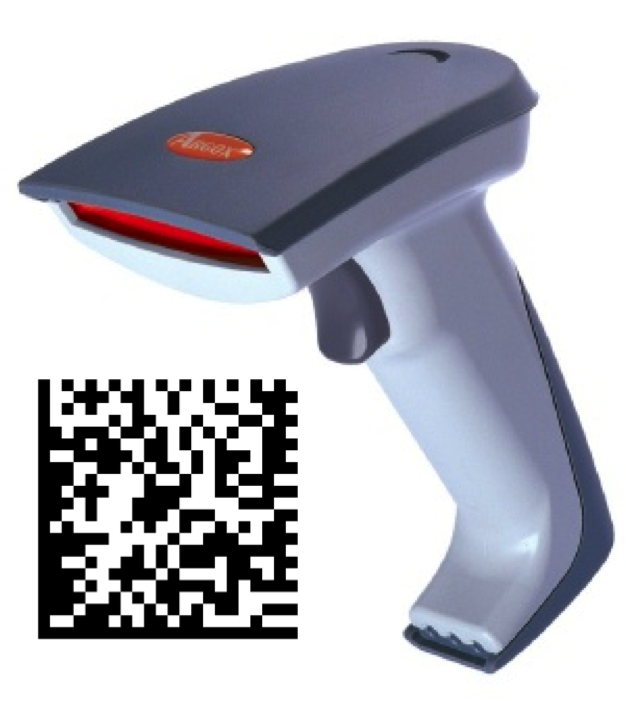EAHP EU Monitor - 7 March 2017
 The EAHP EU Monitor is a regular round up of news relevant to hospital pharmacy in Europe.
The EAHP EU Monitor is a regular round up of news relevant to hospital pharmacy in Europe.
You can subscribe to receive the EAHP EU Monitor by email HERE.
.jpg)
EAHP and other medicines supply chain stakeholders issue consensus statement on shortages information
The European associations representing manufacturers of medicinal products, parallel distributors, pharmaceutical wholesalers and pharmacists have announced a series of recommendations on the provision of information, designed to help tackle medicines shortages.
Focusing on the transparency and the availability of medicine shortage data, the Associations' statement is part of their wider commitment to tackling the issue. Evidence suggests it is an increasing problem across the European Union, having a significant impact on patients, on health professionals, on healthcare systems and suppliers.
The recommendations call for greater transparency and availability of medicines shortage data, early detection and assessment of potential shortages, consistency of reporting, increased access to the information available across all parts of the supply chain, improved data infrastructure, and collaborative governance processes.
The recommendations aim to mitigate the impact of shortages on patients, provide patients and health professionals with up-to-date, meaningful information and improve the ability of health systems to diagnose and solve supply issues as they arise.
This statement builds on existing good practices and recommends some specific features of ideal medicines shortages information systems. The European associations representing manufacturers of medicinal products, parallel distributors, pharmaceutical wholesalers and pharmacists hope that, taking into consideration the national specificities of each country, these recommendations can help enhance information systems at a national level, and potentially form the basis of future European level action.
The statement is available HERE.
The press release is available HERE

IHE Pharmacy published educational article describing how interoperability can support the effort against falsified medicines
The educational article is an initiative of the Pharmacy Domain of IHE (Integrating the Healthcare Enterprise). Falsified Medicines Directive - Supply chain interoperability in support of safer medication usage explains how the standard interoperability architecture for the supply of healthcare products of IHE could help to monitor the supply chain and support the enforcement of the Falsified Medicines Directive.
The paper also:
- Describes briefly the requirements under the Falsified Medicines Directive;
- Highlights the operational challenges of barcode scanning for users in the hospital setting;
- Advocates for the use of standardised Automated Identification and Data Capture (AIDC) as well as standardised dispatch advice documents in order to simplify, automate and control the delivery of medicines for both suppliers and customers;
- Illustrates in an exemplary manner how an interoperable supply chain could improve the situation of hospitals regarding the reporting obligations under the Falsified Medicines Directive.
The article is available HERE.
If you are more interested in the Falsified Medicines Directive don't miss the session at the 22nd Congress of the EAHP on this topic. More information is available HERE

European Parliament's own initiative report on EU options for improving access to medicines adopted
Following up on a discussion that started in September 2016, on the 2nd of March, the European Parliament voted on the own initiative draft report EU options for improving access to medicine.
In a period where the high prices, unaffordability and shortages contribute to the lack of essential medicines and poor access to healthcare, the report recaps the main reasons that lead to them, such as illegitimate business strategies in the pharmaceutical sector, parallel trade or political, manufacturing and distribution problems.
By touching upon issues such as
- Research and development;
- Intellectual property;
- Pricing and reimbursement; as well as,
- Transparency
the report adds to the current debate on access to medicines.
Building on the concerns expressed in the 2016 Council Conclusions on strengthening the balance in the pharmaceutical system in the EU and its Member States the European Parliament's own initiative report calls inter alia for
- National and EU-wide measures to guarantee universal, affordable, effective, safe and timely access of patient to essential and innovative therapies;
- An evaluation of a number of regulatory frameworks including the Transparency Directive, the Regulation on Orphan Medicinal Products and the Paediatric Medicines Regulation;
- An innovation friendly environment that fosters research and development.
Besides Member States and the Commission the pharmaceutical sector is also approached in regard to ensuring the accessibility of pharmacies, quality advice, counselling service and promoting campaigns and educational programmes aimed at making citizens aware of the rational use of medicines, avoiding overconsumption (in particular of antibiotics) and promoting the issue of prescriptions by active principles by the healthcare professionals.
Finally, the Commission and Council are called to take actions aiming at reducing, better defining and analysing the causes of shortages of medicines, assessing the impact of parallel trade and supply quotas.
Taking into consideration the political momentum the report is, undoubtedly, useful to support the European Council's conclusions and to encourage the European Commission to move forward.
Find the report HERE.
 EJHP: March 2017 edition now online
EJHP: March 2017 edition now online
The March 2017 edition of the European Journal of Hospital Pharmacy includes articles on pharmaceutical assessment screening tools in a UK hospital, cost savings potential of biosimilar infliximab and patient-centred consultations in a dispensary setting. The edition also contains a pilot study assessing the practicality, acceptability and feasibility of randomised controlled trial to evaluate the impact of a pharmacist complex intervention on patients with stroke in their own homes.
Find the March edition HERE
--------------------------------------------------------------
 Have your say! 1 open consultation of hospital pharmacy relevance
Have your say! 1 open consultation of hospital pharmacy relevance
The European Commission seek stakeholder input for a new 5 year European Union (EU) Action Plan to tackle antimicrobial resistance (AMR).
Deadline for reply 28th April 2017
See EAHP EU Monitor 2 February 2017 for more information.
Consultation HERE.




